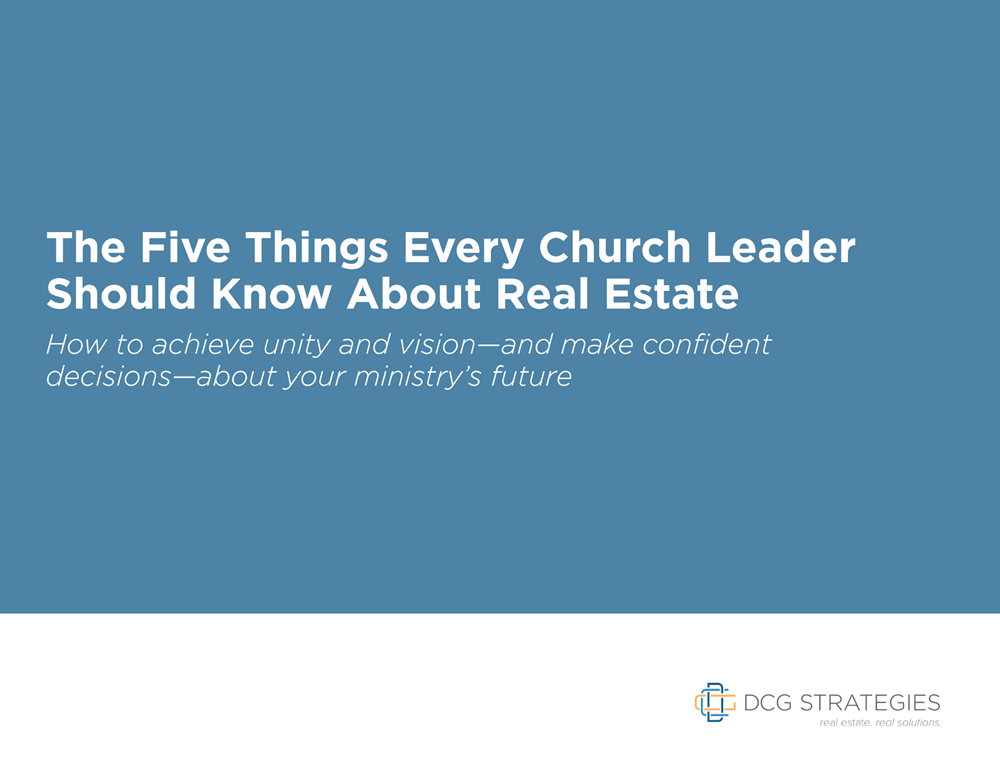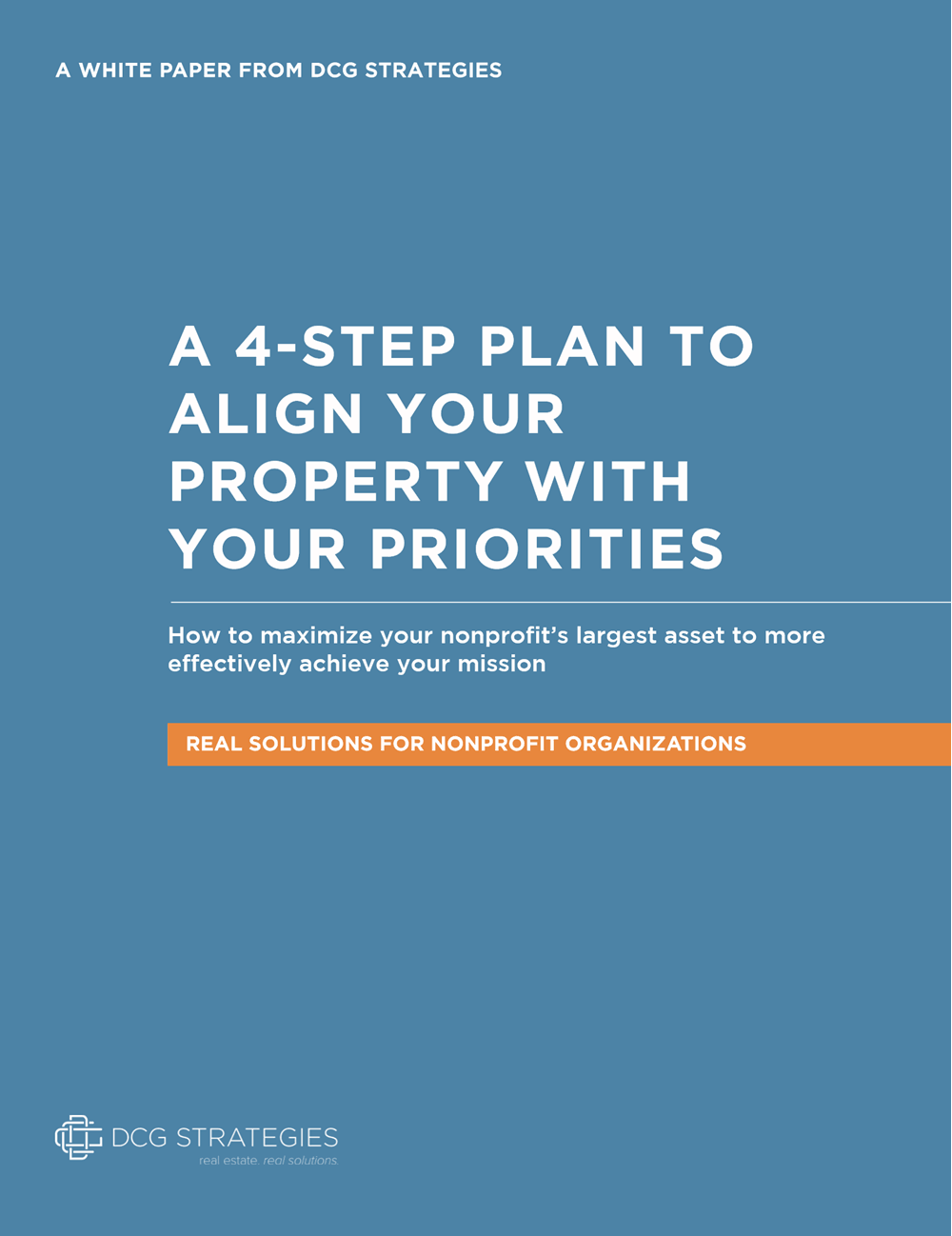A converted church can be a great place for a house, and a great way to preserve your parish legacy. Image from Wikimedia
Historically, conversions have been a pretty big source of trouble when it comes to churches. Martin Luther didn’t convert, per se, but a lot of people converted after him, and that caused some trouble, like the 30 Years War. The most famous conversion was Henry VIII, whose switch to his brand of Protestantism was for reasons less than ecclesiastical. Now, though, most people believe that you should feel free to follow where your faith leads and conversion doesn’t have the same portentous impact it once did. This is especially true when it comes to real estate.
At some point, there’s a chance that your church is going to have to move and find a new space. Congregations grow and shrink, and remodeling might be more cost than it is worth. Moving is difficult, which is why you want to rely on real estate brokers that understand your needs. Where you move is only part of the problem. Understanding what to do with your church after you move is another question. Church conversions can be a source of stress and discomfort for those who are moving, but with the right planning and forethought they don’t have to be.
What Is a Church After You Leave?
Most organizations, when they move, aren’t much concerned with what comes after them. They may have fond memories of their building and, on some level, not want to see it turned into something tacky but, at the end of the day, it was just a space. This sentiment often differs with a church that, for staff and parishioners alike, was a sacred place – both the land and the building. So who comes next can often be a big deal.
Churches change into a lot of things – stores, retail outlets, restaurants, even bars, and nightclubs. Some of these might be distasteful. In many areas, zoning regulations would prevent that, but it is often not up to you to choose who comes next (or down the line). That is unless you prepare your church conversion to become a home. For many of the faithful, a home is the most respectful possible transition.
Why Churches Convert Into Great Houses
There are a few problems with converting a church into a house. One is the most obvious: it was designed to hold a lot of people in one room, not a few people in several different rooms. High ceilings can make division of rooms a challenge (not to mention make it expensive to heat). Additionally, not every church is outfitted with proper plumbing facilities although, since they all have bathrooms, it can be a fairly simple transition.
However, this can also be a plus. The large spaces can be reconfigured into great open-plan rooms for dining and entertainment. They remind many people of exquisitely converted lofts. They provide dramatic spaces that can be a kitchen, a living room, a dining room, and an entertainment room all at once.
Additionally, most churches have plenty of separate rooms and offices that can easily be converted into bedrooms and other private spaces. The church also provides a sense of history for the residents, knowing that they are living in- and helping to preserve- a part of the community story. They know that generations of people had important experiences in their house, and that can give a feeling of roots and happiness.
Make Sure Zoning is Acceptable
The most important step you can take to make sure the church goes to the right buyer is to check with zoning laws. Some places will have to make changes to their status to transform into living quarters. Working with your real estate agent can help with this. You might also want to draw up plans that can help a potential buyer imagine what they can do with the space.
It’s daunting to convert a church into a house, and buyers might be leery. But if you help them out by planning ahead, you can take rest assured that the legacy you built will continue with a family who cares, and not a business that will forget.
If you’re seeking commercial real estate for your religious community, you don’t have to go it alone. You can get a thorough analysis from a consultant whose community values align with your own. Contact DCG Real Estate today to learn more.





